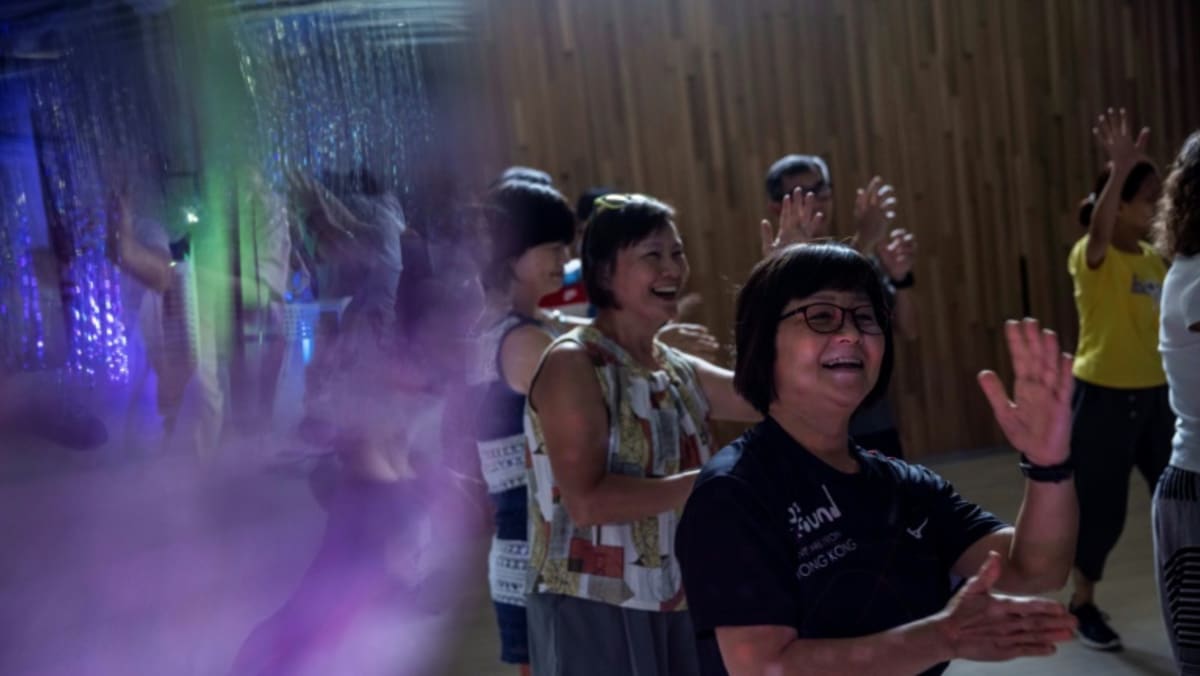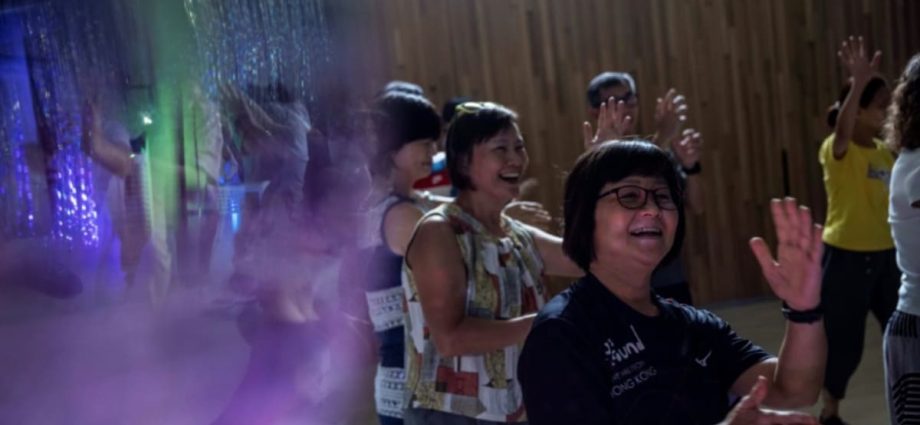
WORLD’S OLDEST CITY
Hong Kong is forecast to become the world’s oldest city by 2050, according to the United Nations, with the population of people aged 65 and older reaching 40.6 per cent.
Adding to the issue is an exodus of younger people – partially triggered by a sweeping national security law Beijing imposed in mid-2020 to quell political dissent – as well as the lingering effects of the pandemic.
A survey conducted by the University of Hong Kong in the first half of 2022 found that a third of the nearly 5,000 elderly respondents were suffering from at least one of three conditions – depression, anxiety and loneliness.
That poll was taken when the city was still struggling to curb a fatal coronavirus wave that hit seniors the worst.
Another poll from later in 2022 found that among seniors whose children and grandchildren had left the city – a group classified as “left behind” – nearly 70 per cent showed a tendency toward depression, while nearly 80 per cent were “under a high risk of social isolation”.
The number of suicides in the city hit a decade-high 1,080 last year, according to the Samaritan Befrienders Hong Kong, with more than 40 per cent of victims aged 60 or older.
“Elderly people are often less capable of seeking help and often tend to consider themselves a burden when they suffer mentally,” said Samaritan chairman Heymans Wong.
Caregivers should help older people to “expand their social circles”, he said.
“HIDDEN ELDERLY”
But doing so is easier said than done, according to Adeline Tsang, elder care director at Hong Kong’s Christian Family Service Centre.
She struggles to convince her wards to leave their homes.
Pandemic lockdowns “affected both their cognitive and physical conditions”, Tsang told AFP.
“The separation anxiety and sense of interpersonal distance have also become stronger for them since many of their young relatives have left the city in recent years,” she said.
At an elderly daycare centre Tsang oversees, she enlisted a special troop of caregivers to socialise with seniors – volunteer therapy dogs.

